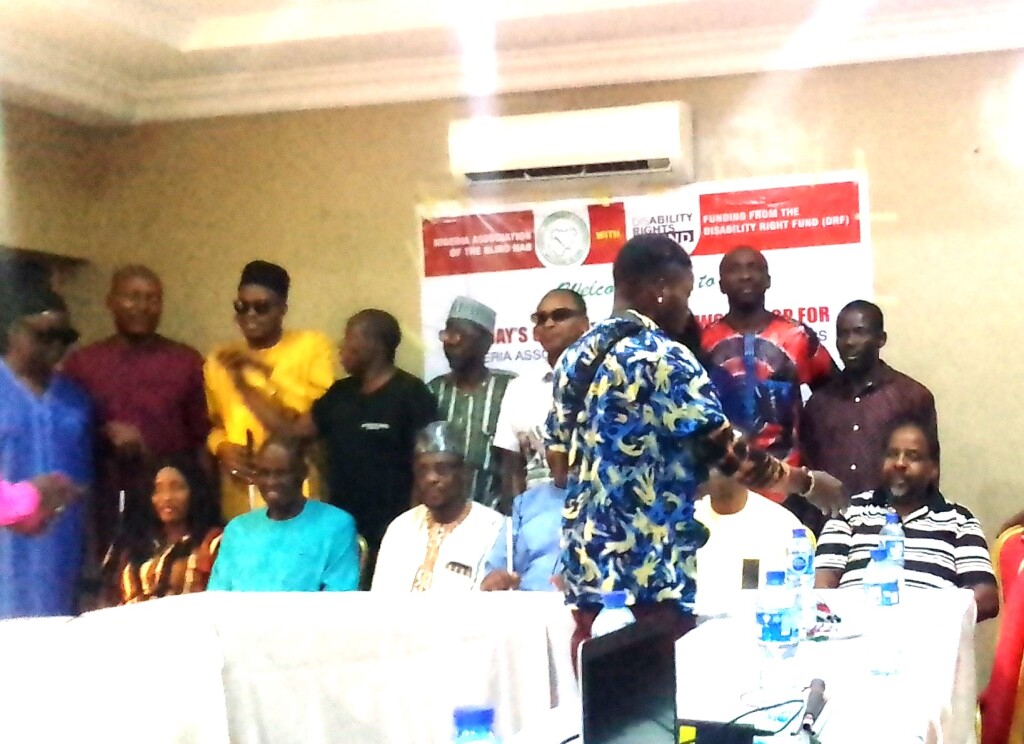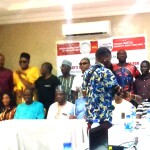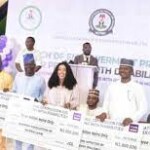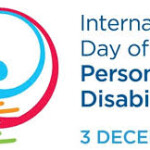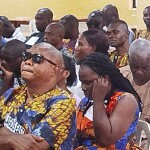The Nigeria Association of the Blind (NAB) has disclosed its moves to ensure braille literacy remains an important capacity-building tool for the blind in Nigeria.
According to the association’s governing board, children and students with visual impairments now consider the only literacy tool for the blind a problem.
In his address on the matter during a three-day capacity building workshop in Lagos, Lekan Bello, NAB’s southwest coordinator, said the trend is ‘deviating from the norm’.
“No matter how sound you are as a blind person, braille is the only means of enhancing your literacy,” he said.
Narrating his observation, the lecturer said blind students who speak English fluently find it difficult to spell correctly since they only listen to screenreaders.
David Okon, a former president of the association, in an interview with ER, admitted the bulkiness of braille books is a challenge.
“I have about 20 volumes of a single copy of the Bible which will require a wheelbarrow to carry to church,” the former bank official said.
But he and Bello agreed that the digital braille technology has solved the problem of volumes, especially for those in academics, a field Bello emphasized.
“Academics is the solo way the blind can take to succeed in life,” he said. “It’s the only way they can have easy empowerment.
NAB’s President Stanley Onyebuchi said the association is already collaborating with the World Intellectual Property Organization to make copyrighted materials into accessible formats for the blind in Nigeria.
On making affordable the digital braille technology he estimated at N3 million a unit, Okon said NAB has commenced advocacy to drive down tariffs and import duty for the assistive product.
“These products are imported to Nigeria. In other jurisdictions like South Africa, governments subsidize them,” he said.
Braille literacy featured alongside other subject-matters blended into the capacity-building theme of the event.
Calister Ugwu-ukwu, one of the two female officials, insisted resilience should accompany capacity-building as members fight for inclusion in Nigeria’s financial system.
In his earlier online address, Theophilus Adawodu, West Africa project manager of the Disability Rights Fund sponsoring the workshop, noted how capacity building matters to realizing NAB’s aim and objectives.
Looking at its structure (collective ownership), Adawodu described the association as the real organization of persons with disabilities (OPD) funders like to support. More so if it has the capacity to give bangs for the bucks they invest in its programmes and advocacies.
He encouraged the association to also take seriously gender preference in its capacity building. NAB has two women on its 17-man governing board.

